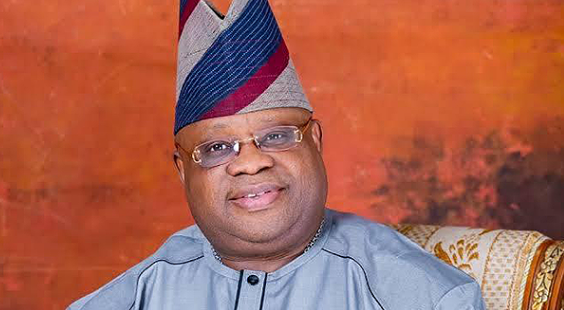Washington, D.C. — In a swift escalation of trade measures, U.S. President Donald Trump has raised tariffs on Chinese imports to an unprecedented 145%, intensifying the ongoing trade war between the two economic superpowers.
This development comes barely a day after the president declared plans to increase the levy to 125%, following an earlier 20% tariff hike. According to the White House, the latest adjustment is aimed at addressing longstanding trade imbalances and asserting America’s negotiating stance.
China, in a strong response, warned it would “fight to the end” should dialogue fail to yield compromise, signaling heightened tensions and a possible standoff with global economic repercussions.
While announcing a 90-day tariff suspension for all countries except China, President Trump implemented a uniform 10% duty as a baseline for other U.S. trading partners. The European Union, which had previously prepared retaliatory measures against U.S. tariffs on steel and aluminum, has since stepped back, opting to observe the new developments.
Addressing his cabinet at the White House, Trump acknowledged that the tariff policy would have short-term economic consequences. “There will be a transition cost and problems,” he said. “But in the end, it’s going to be beautiful.”
Despite halting increased tariffs on several allied nations, Trump has maintained a 10% blanket tariff across the board and a severe 145% levy specifically targeting Chinese goods. The administration argues that these tariffs serve as a leverage point in ongoing trade negotiations.
White House National Economic Council Director, Kevin Hassett, revealed in a media briefing that over 15 countries have active offers on the table, suggesting some traction in diplomatic circles.
However, critics and economists have voiced concern that even a 10% tariff could burden American households by driving up the cost of everyday products. Analysts warn that if inflationary effects persist, public sentiment could shift, potentially affecting Republican prospects in the upcoming midterm elections.
By Taiwo Olatinwo| April 11, 2025
Discover more from DnewsInfo
Subscribe to get the latest posts sent to your email.




